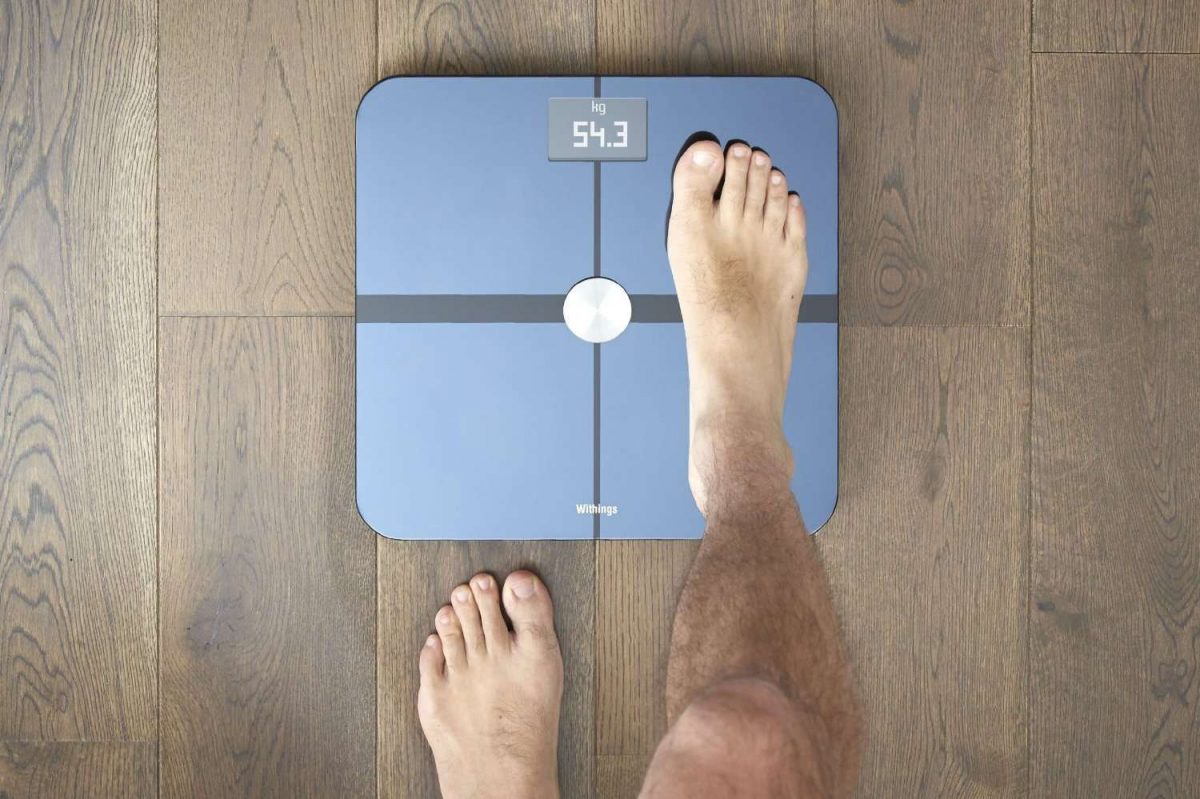With everything that’s been happening around the world lately, it’s slowly becoming obvious to some people how important our health is. It’s our first line of defense against viruses and diseases that are just lurking around the corner. That’s why we must constantly monitor our lifestyle.
One way of doing that is by keeping track of our weight gain or loss. To help with that, Your Weighing Buddy recommends scales that measure your body’s fat composition.
It will help you gather significant data that’ll help you achieve a healthy lifestyle. Below are some of the things you need to know about body fat scales.
The Need for Body Fat Scales
Let’s talk about why we need body fat scales in the first place. Isn’t the typical weighing scale enough for monitoring your health? Well, apparently, it isn’t.
Regular weighing scales measure your overall weight, not your body fat. So, you may ask, what’s the difference?
A mid-20s person who is physically healthy might weigh around 55 to 65 kilograms. However, some people might also show the same weight despite the mass of excess fat in their bodies.
While fat is a necessary part of us, too much of it is not good. That’s why you want to maintain it to a healthy level.
So, how will you know if your body fat composition is dangerous or not if you don’t know how much you have? This is why we need body fat scales.
How Does It Work?
Body fat scales do not necessarily measure body fat alone. Instead, they measure your body’s muscle, water, bone density, and lastly, fat.
Despite measuring your overall body composition, this type of scale is referred to as body fat scales because that’s what they’re often used for. The question now is, how does standing on this scale provide you with an accurate measurement of your body composition?
BIA
BIA stands for bioelectrical impedance analysis. We know it sounds technical, if not scary. The principle of how it works is rather simple.
The scale sends electrical impulses throughout your body when you stand on it, hence the term bioelectrical. Don’t worry. These impulses are rather too weak to cause any major, or even minor, damage.
As the electrical impulse travels through your body, it will encounter resistance, hence the term impedance. The density of various tissues and other substances in your body cause this resistance.
Finally, the scales utilize a specific mathematical formula that underscores the relationship between the impedance and your gender, age, and height, hence the term analysis.
That means a scale should have all your necessary information for it to work. More often than not, you will have to supply this through a smartphone or other devices.
Are There Other Options?
If you don’t want to use a body fat scale, you can use a few other methods to calculate your body fat.
Calipers
For this method, you have to fold your skin and measure its thickness using the calipers. One drawback to this is that it would be unreliable, and the data would practically be useless if the person conducting it is inexperienced.
Bod Pod
This method uses a large machine to measure your density. This equipment requires you to sit inside the machine. Multiple scales measure your weight, and a series of sensors calculate the volume of air you displace while inside the pod.
By doing so, the machine would be able to get a specific value of your body’s density. You then need to use a particular mathematical equation to calculate your BFP or body fat percentage.
The problem with this method is that it’s not widely available to the public. Furthermore, if you do get an opportunity to use it, it would be rather expensive.
Hydrostatic Underwater Weighing
HUW or Hydrostatic Underwater Weighing uses almost the same principles as the Bod Pod. The only difference is that it’s conducted underwater.
First, you need to measure your weight on dry land and measure it again while submerged in water. As you sit inside the tank, it would also calculate the amount of water you displace.
Your body composition would then be computed by comparing your initial weight and weight underwater, in addition to the volume of water you displace.
As with the Bod Pod, one problem with HUW is that it’s not easily accessible. It’s almost exclusively used in universities or laboratories for research purposes.
Are Body Fat Scales Worth It?
All of this brings us to one essential question, are body fat scales worth it? Considering your other options, we firmly believe that, yes, they’re worth it.
You don’t have to be an expert just to use a body fat scale, and it’s not as expensive as the other options you have. What makes it even better is that it’s accurate enough to help you achieve your healthy goals.








